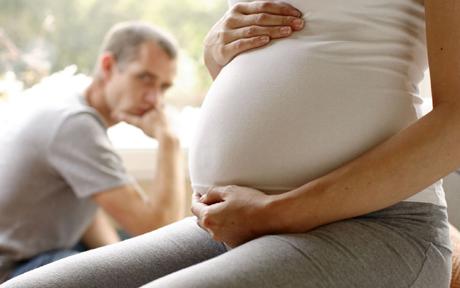 Proving paternity issues today is much easier medically than before the advent of DNA presence into every nook and hidden corner of our lives and loves. This also is true in the alternative of disproving paternity.
Proving paternity issues today is much easier medically than before the advent of DNA presence into every nook and hidden corner of our lives and loves. This also is true in the alternative of disproving paternity.
When the possibility of paternity responsibility is first addressed, your first inclination is not to consult with an attorney, but it should be at least your second. The retaining of counsel in light of such a sensitive and socially impacting possibility is a very calming rationale.
Although DIY paternity testing kits are available for private home testing, this should only be considered with your understanding that it has no authority as proof in any court of law in the USA. That said, it must be acknowledged that there are circumstances when a private individual wishes to have the paternity testing conducted without any court action contemplated. Even in such personal cases, it would be prudent to consult with a paternity lawyer before doing the test, to be advised of any caveat which might bite you because you had the testing performed minus a court order.
Proving Paternity and the Lab Testing Chain of Custody
Results of certified DNA tests are admissible in any U.S. court of law due to verified “chain of custody” and because the lab processing the sample is accredited. The chain of custody refers to the “hands” which handle the DNA sample. The legal chain of custody dictates that the subject sample is collected in the presence of a 3rd neutral party at a hospital or laboratory where the subject parties are identified by photo ID. The court has testing options for every sort of situation. This is for the protection of all parties.
The Test:
Tested parties usually include a child, the alleged father, and the child’s mother. A mother’s testing in paternity DNA testing excludes her half of the child’s DNA, which leaves the alleged father’s half for comparison with the child’s DNA.
It is possible to perform a “motherless” test, which involves additional analysis, usually at no additional cost. Test results are equally binding, whether the mother participates or not. Motherless tests are certified to have at least a 99.5% probability of paternity for inclusions plus a 0% probability for exclusion.
The Results:
Standard DNA paternity testing is the indisputable proof of a biological paternal relationship existing or not existing with a 99.99% probability.
Other Needs for Proving Paternity through DNA Testing
If you need paternity test results for changing the name on a birth certificate or to obtain child support and other benefits a Legal DNA Test needs to be performed, and you should avail yourself of the privilege of legal counsel.
Immigration holds issues wherein legal DNA testing is very important for validation. The cases wherein immigrants need to prove parental and child(ren) relationships can be influenced by certified testing of all parties. Agencies from over 168 countries recognize appropriately certified legal DNA testing.
Many adoptive parents are seeing benefits of DNA testing at various times during the adoption process, as knowing the biological identity of a child you are adopting with proper relinquishment will ease some uncertainty or stress that naturally accompanies this legal process.
The relationship of a parent and child is more than altruistic chance and validity of Last Wills and Testaments. It is the most sensitive relationship known to mankind, and deeper than a marital union. Therefore it is with extreme clarity and fine judgment that you pursue the demystifying of any paternity issue wherein you are a party. You are owed honest certification, as are all of the heirs and descendants after you.
